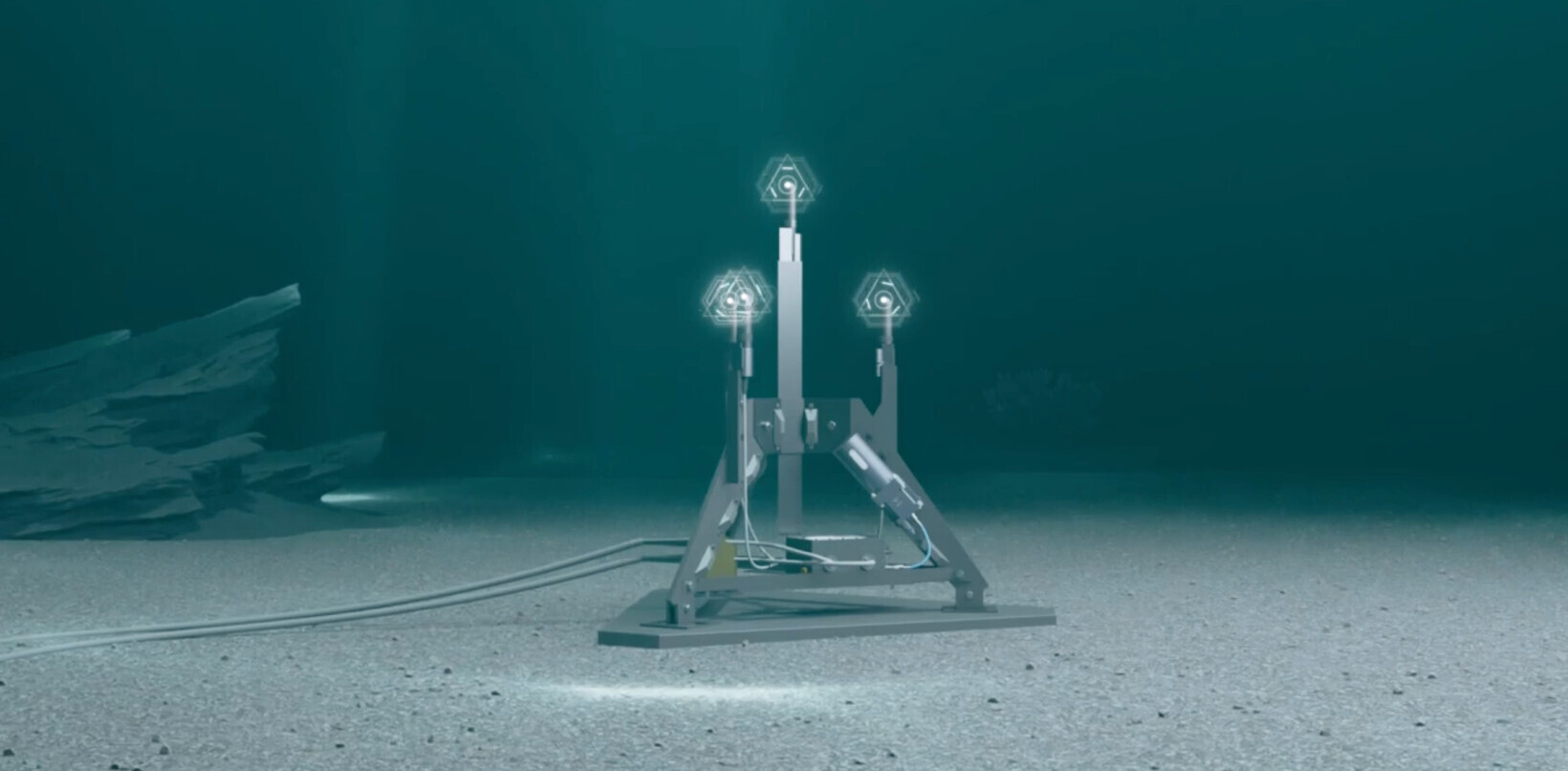
The newly-adopted 2023 work program of the European Innovation Council (EIC) will grant €1.6 billion in funding to scientists and innovators who can scale up breakthrough technologies and create new markets.
Notably, 70% of this amount (€1.13bn) is reserved for the EIC Accelerator, which supports startups and SMEs in developing and marketing high-impact innovations.
Specifically, €525 million is made available for startups developing future technologies that will contribute to the EU’s strategic objectives. These include biomarkers for cancer, decontamination for pandemic management, energy storage, quantum or semiconductor components, resilient agriculture, space tech, and the New European Bauhaus initiative.
The remaining €613 million will cover innovations without the requirement of a specific topic.
EIC’s work program for the coming year arrives with three more significant objectives: to increase the flow of talent into deep tech startups, to further support female innovators, and to facilitate the collaboration between private and public procurers.
EIC’s funding is a significant, but small step
To date, EIC’s support has yielded a number of impressive results. First off, its portfolio of companies have achieved a combined valuation of over €40 billion, including 12 unicorns and 112 centaurs.
The European Innovation Council has also managed to incentivize over €10 billion in follow-on private sector investments. Add to that a €100-million support for the commercialization of ground-breaking ideas. And we can expect the coming year’s funding to result in even greater push of the European tech industry.
But although €1.13 billion seems like a gargantuan amount of money, in reality, it’s not nearly enough. As a reference reference, private investment in deep tech companies in the UK reached $8.5bn in 2021 alone — allowing for the sector’s exponential growth.
And if — in a hypothetical scenario — we were to divide EIC’s funding equally among the 27 members of the bloc, each country would basically end up with about €42 million from that €1.13 billion. Combine that with the slowdown the European tech industry has seen in 2022, and it’s clear that public investment represents an integral part in securing innovation.
Ultimately, Europe has a high concentration of tech companies, a skilled workforce, and the required infrastructure to become a tech-powerhouse, but it is being held back in some respects by a lack of adequate support.
Both the EU and local governments need to further finance upcoming tech startups if the continent is to compete with the leading players in China and the US.
Get the TNW newsletter
Get the most important tech news in your inbox each week.




